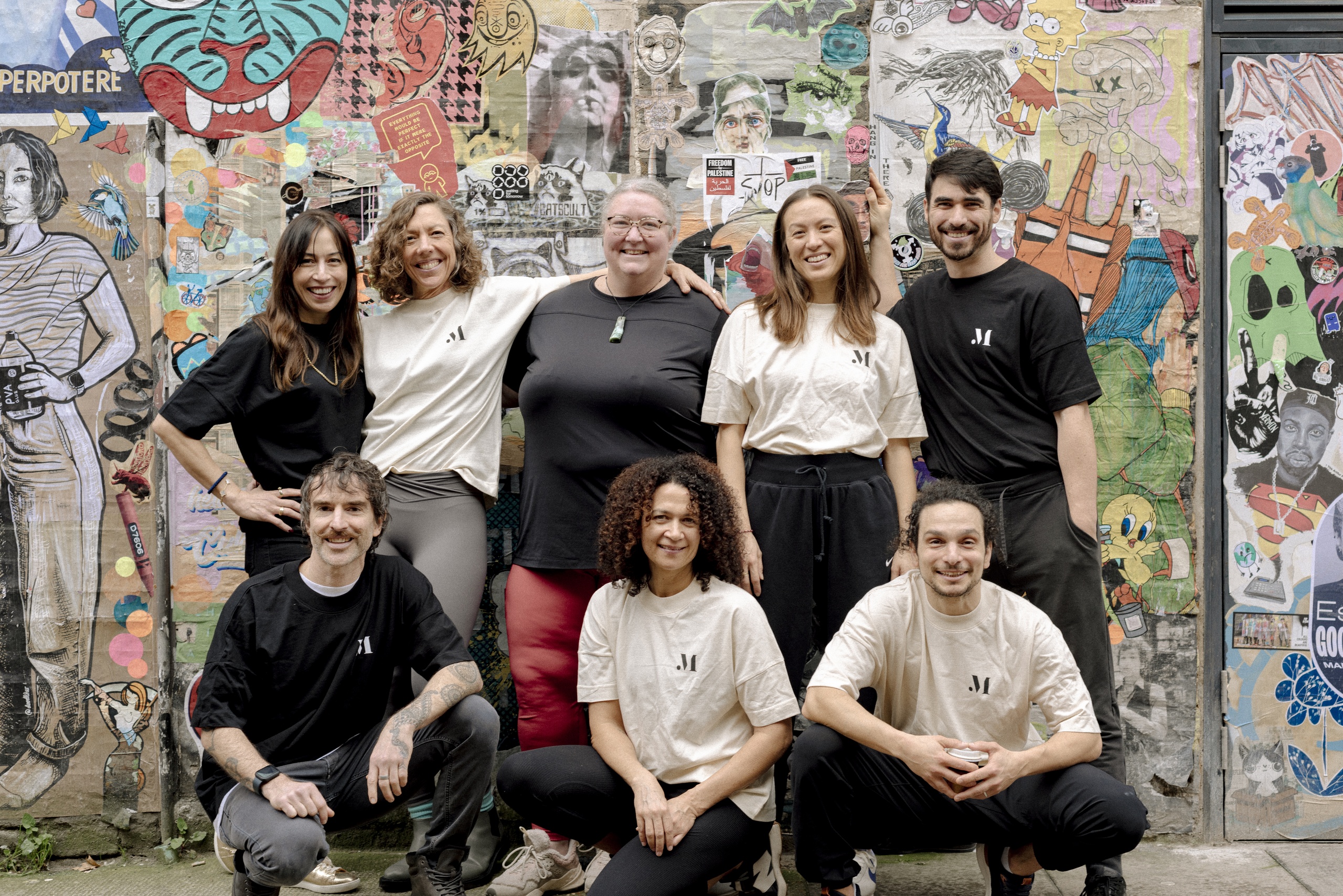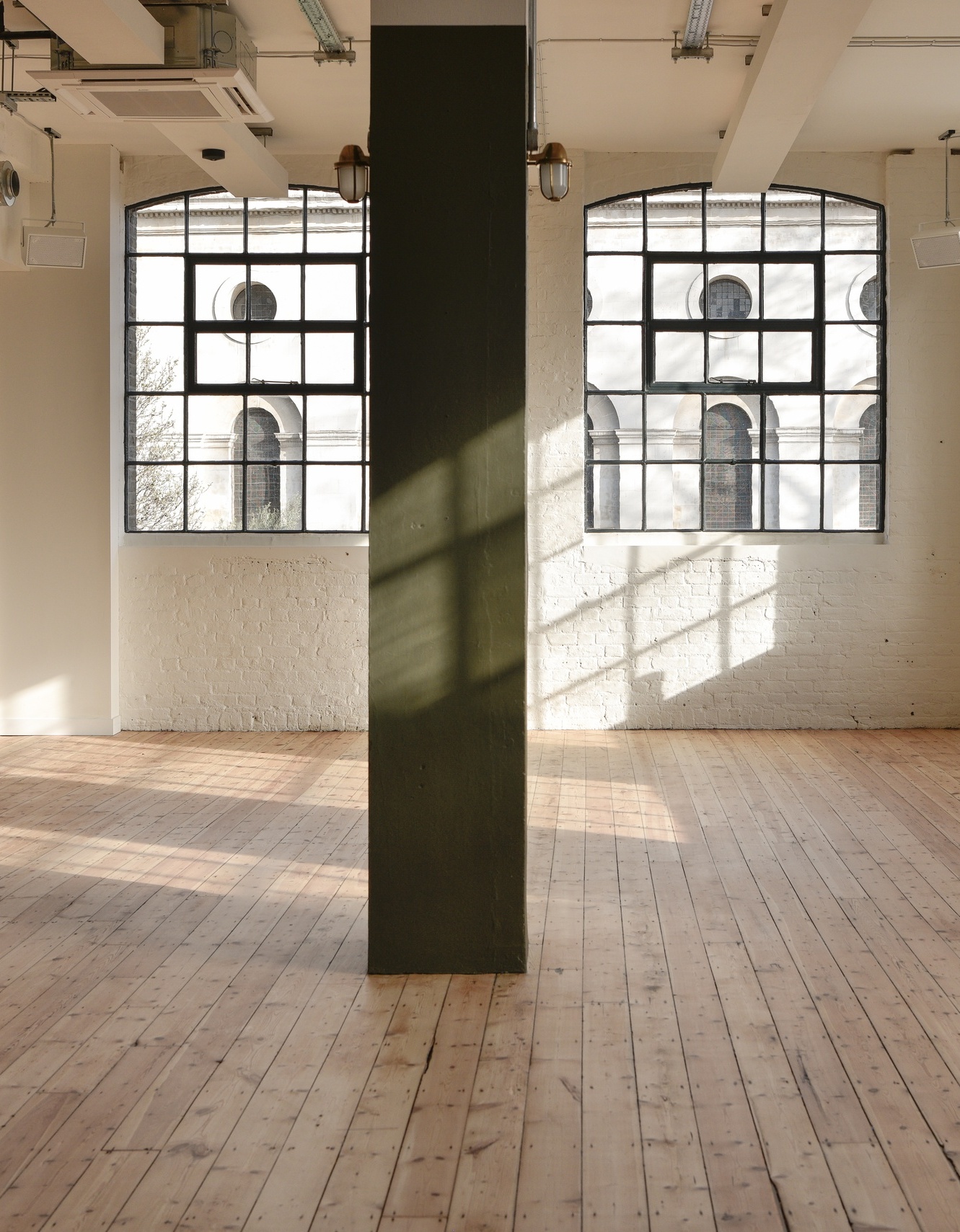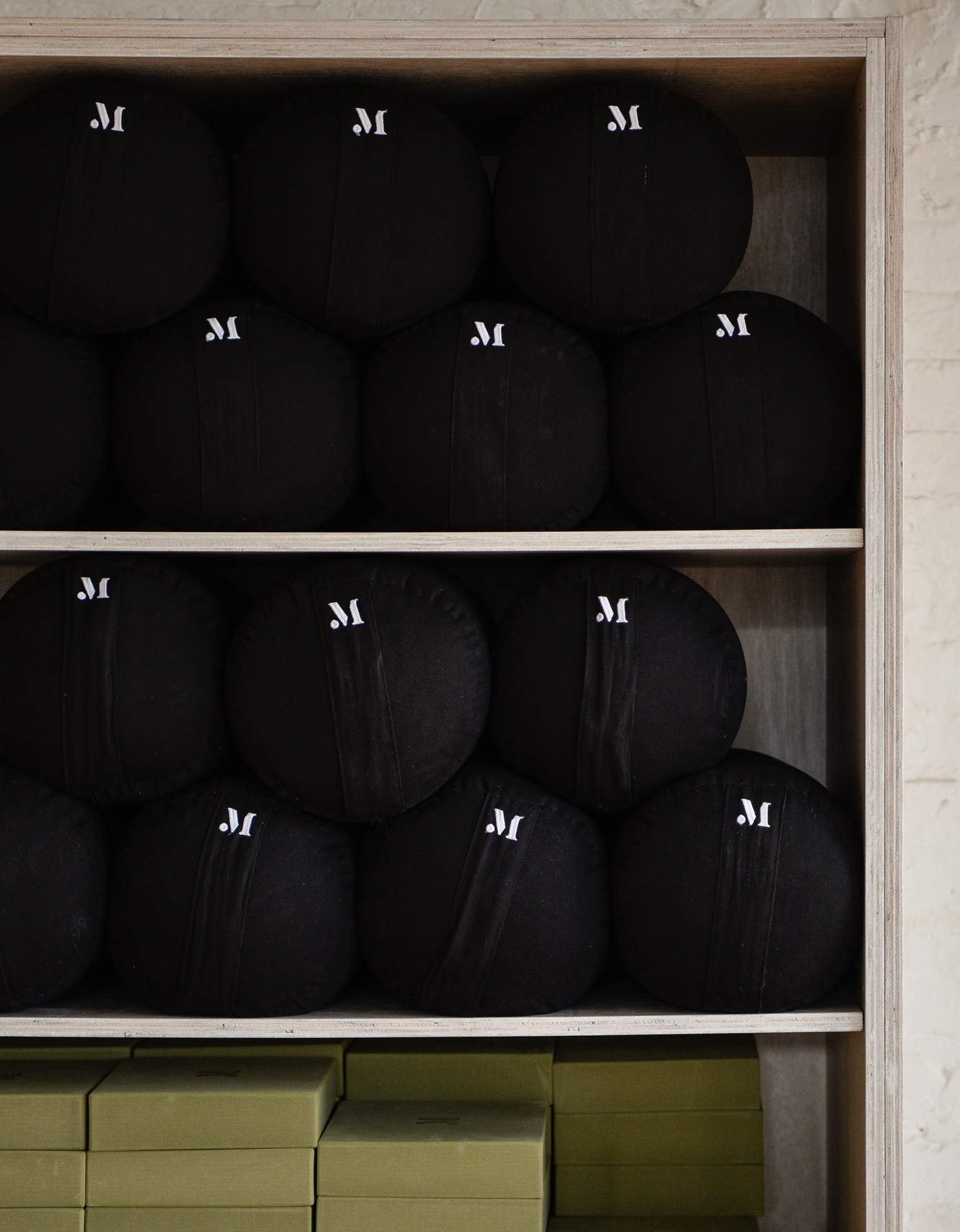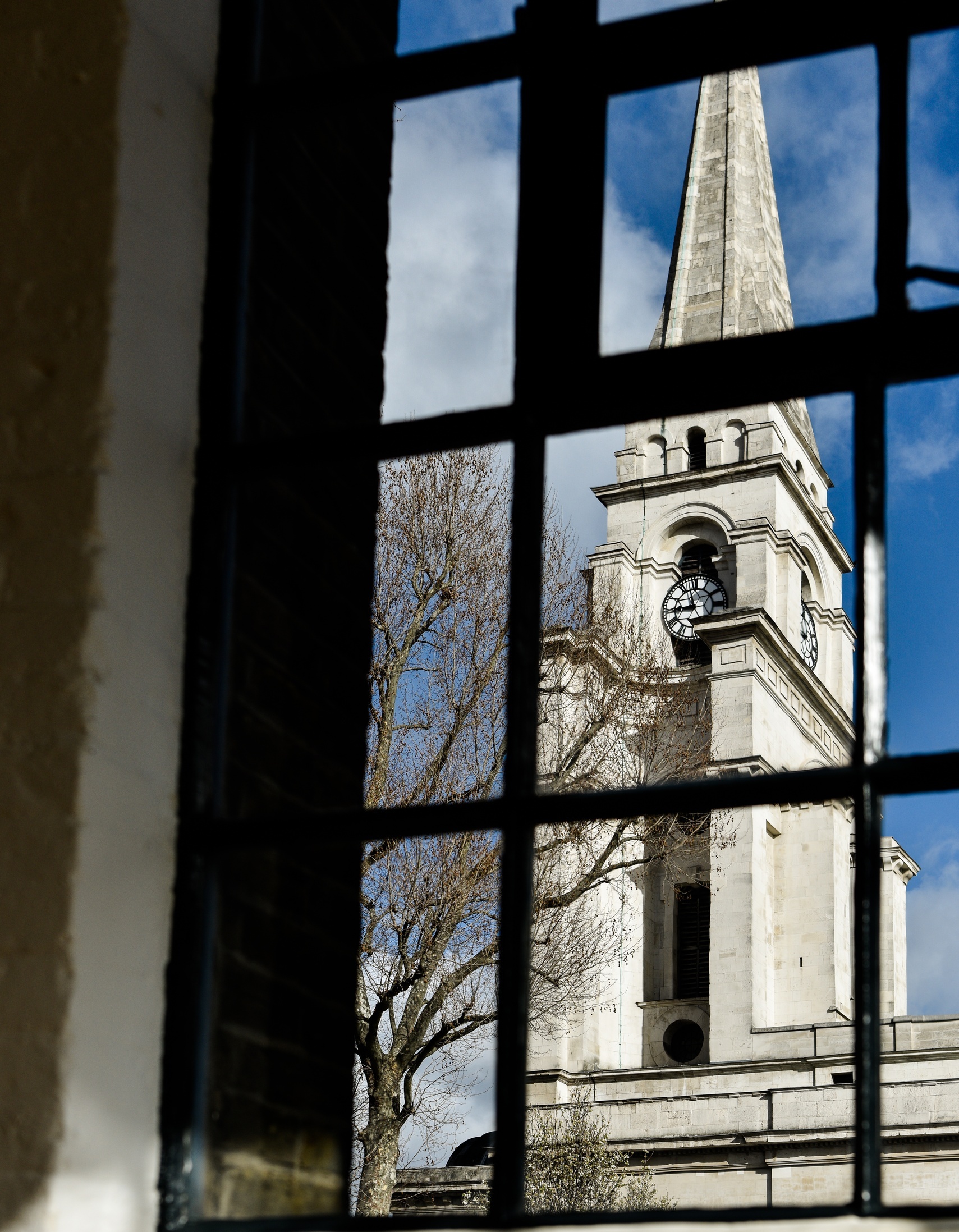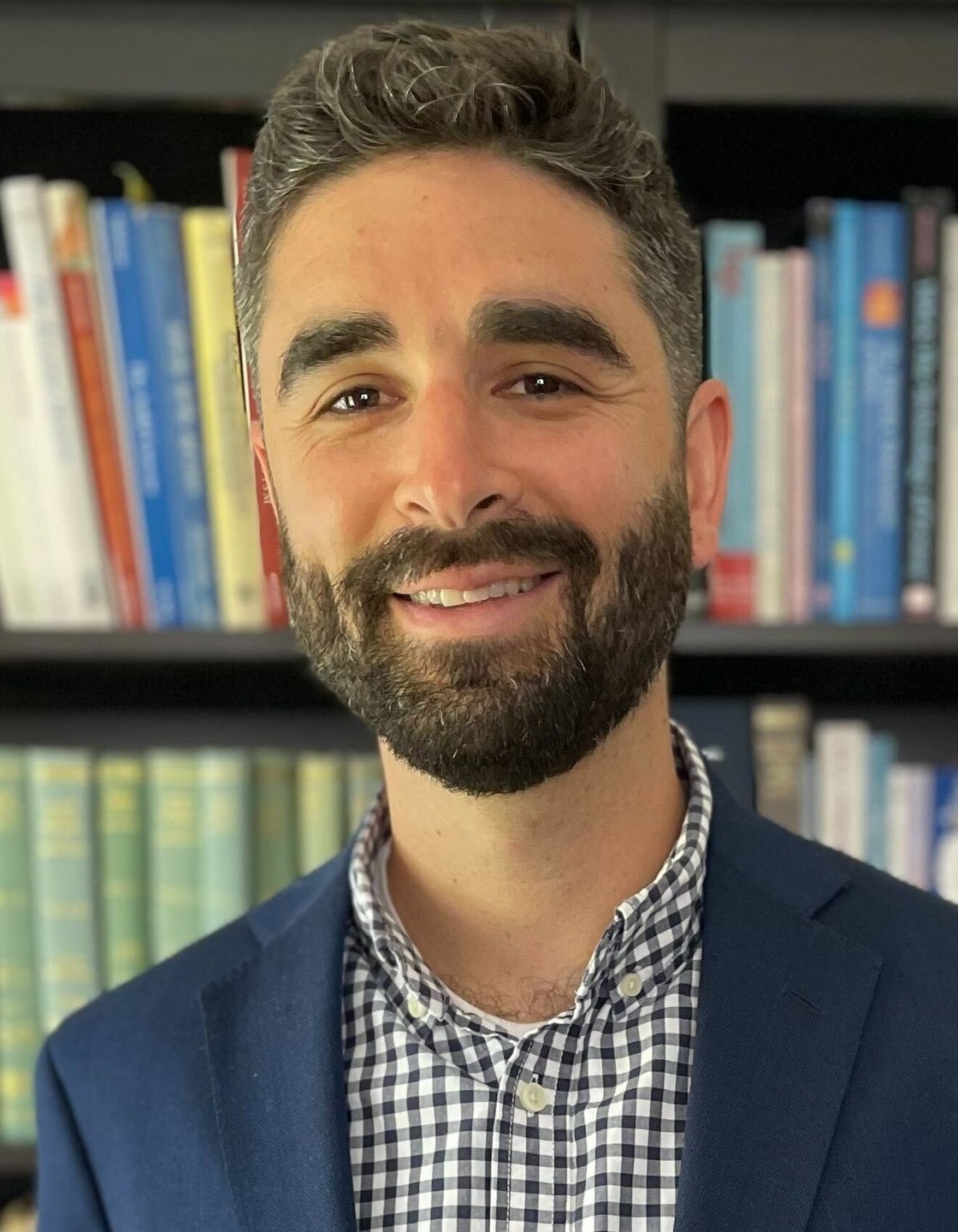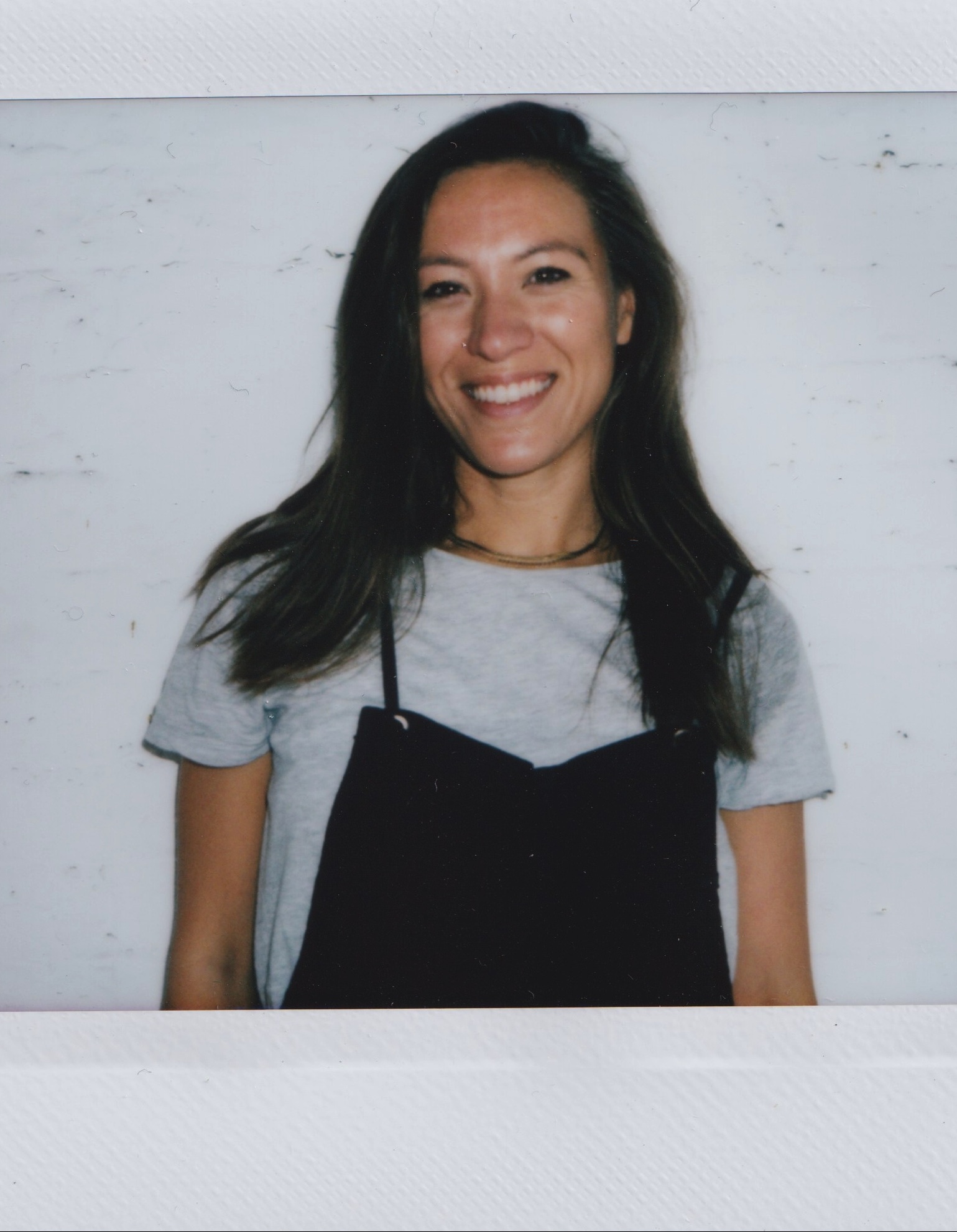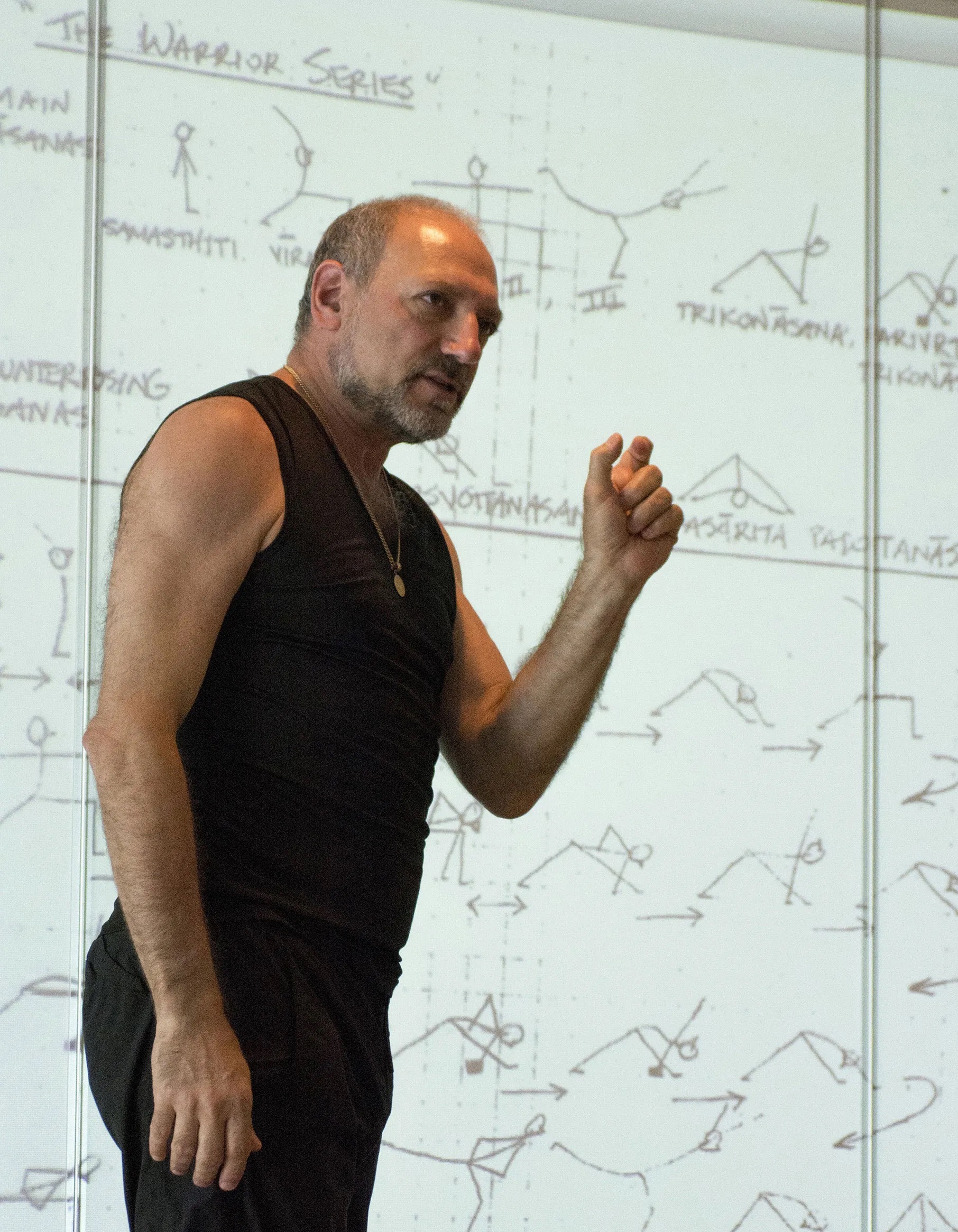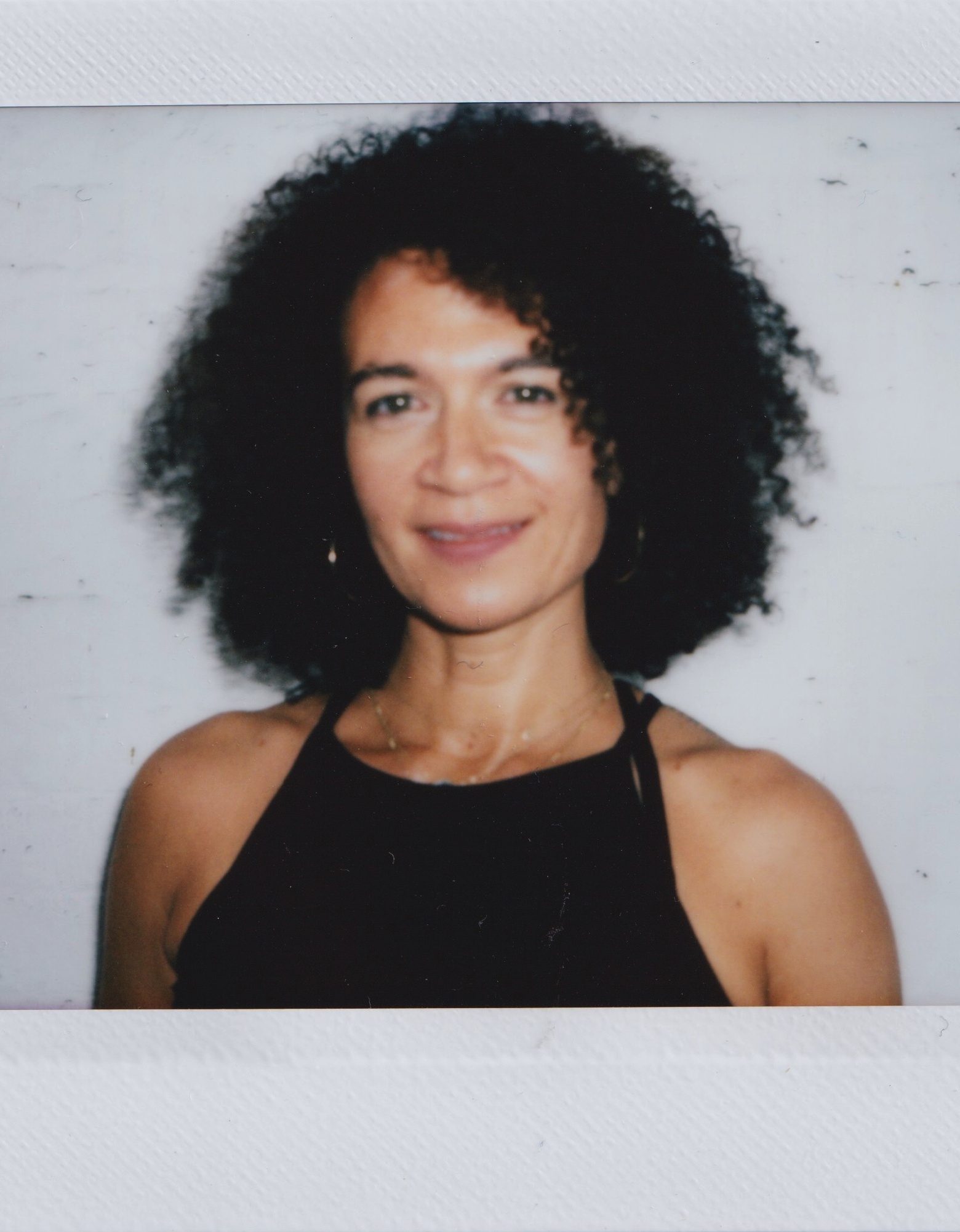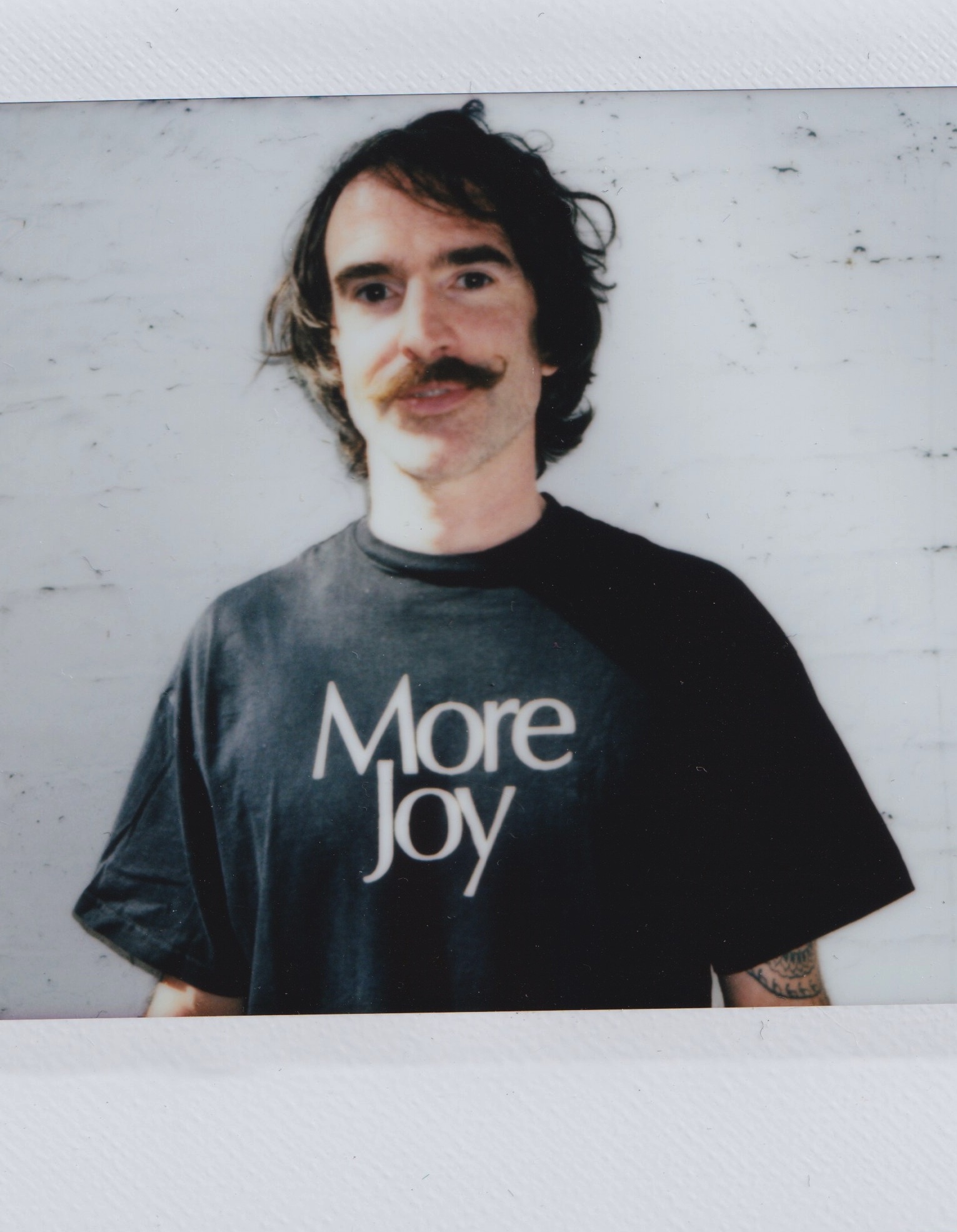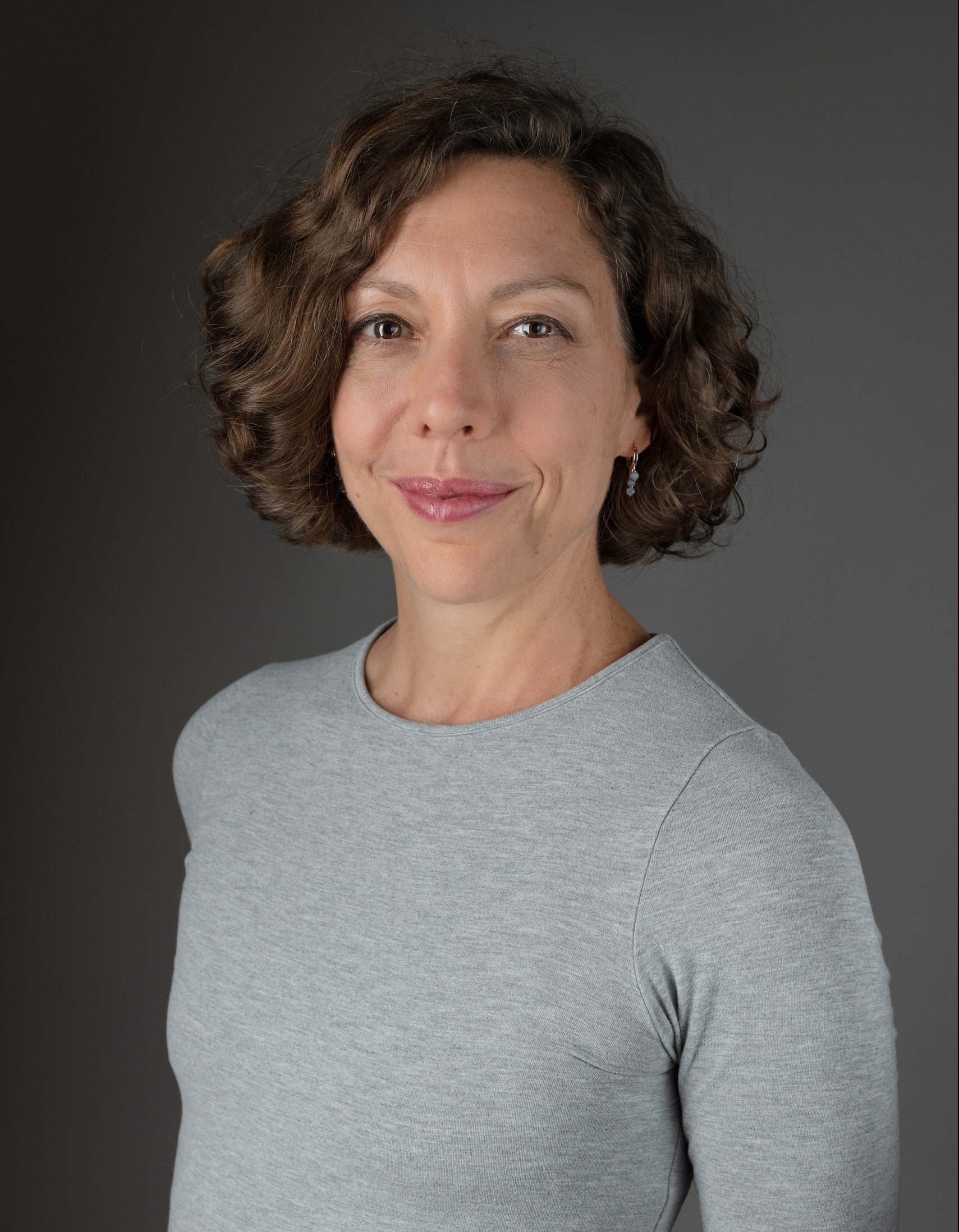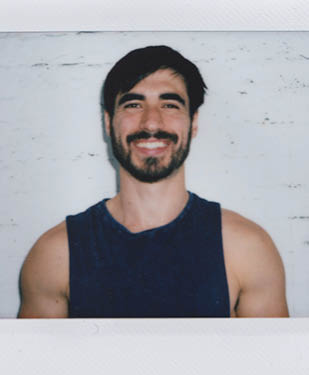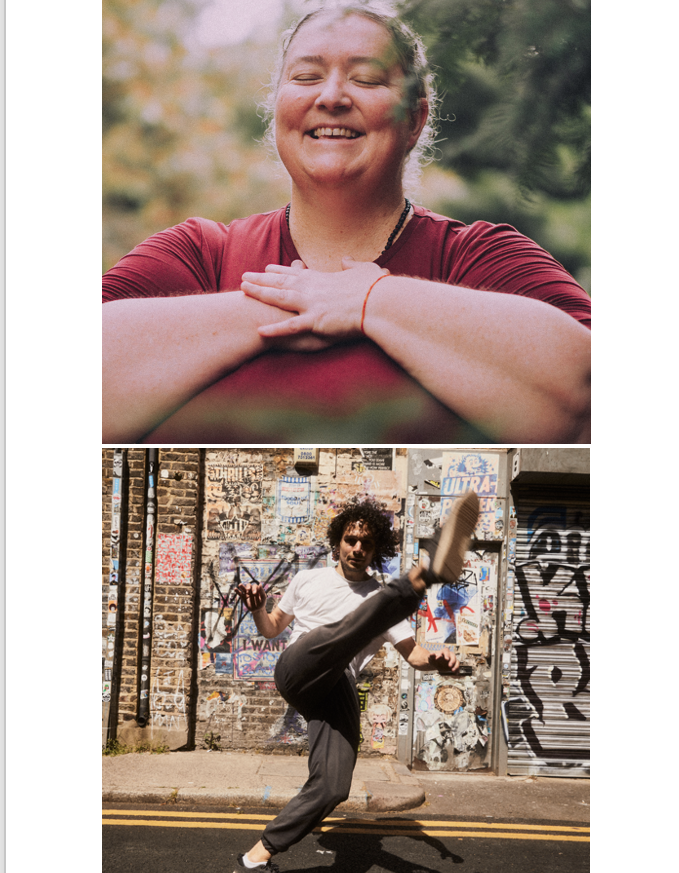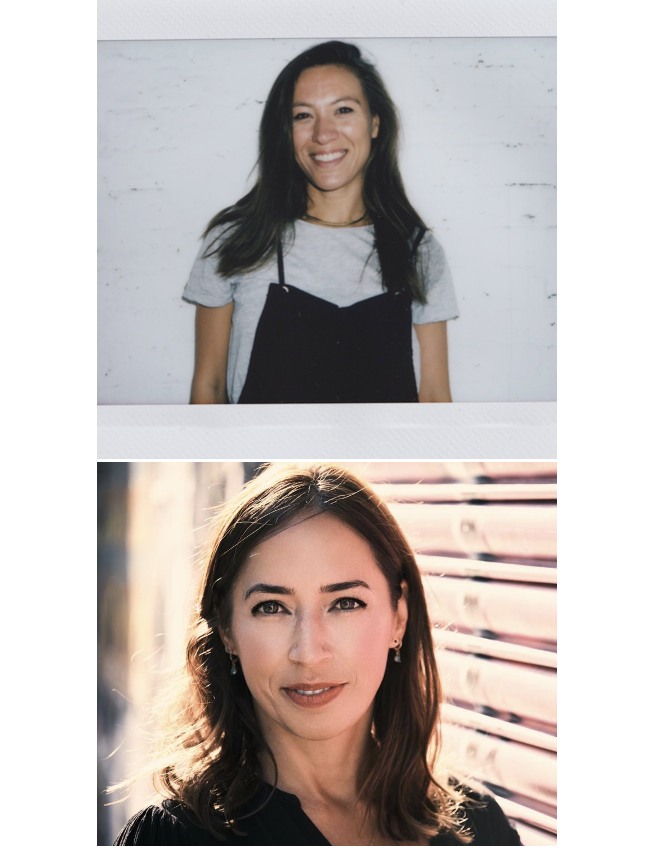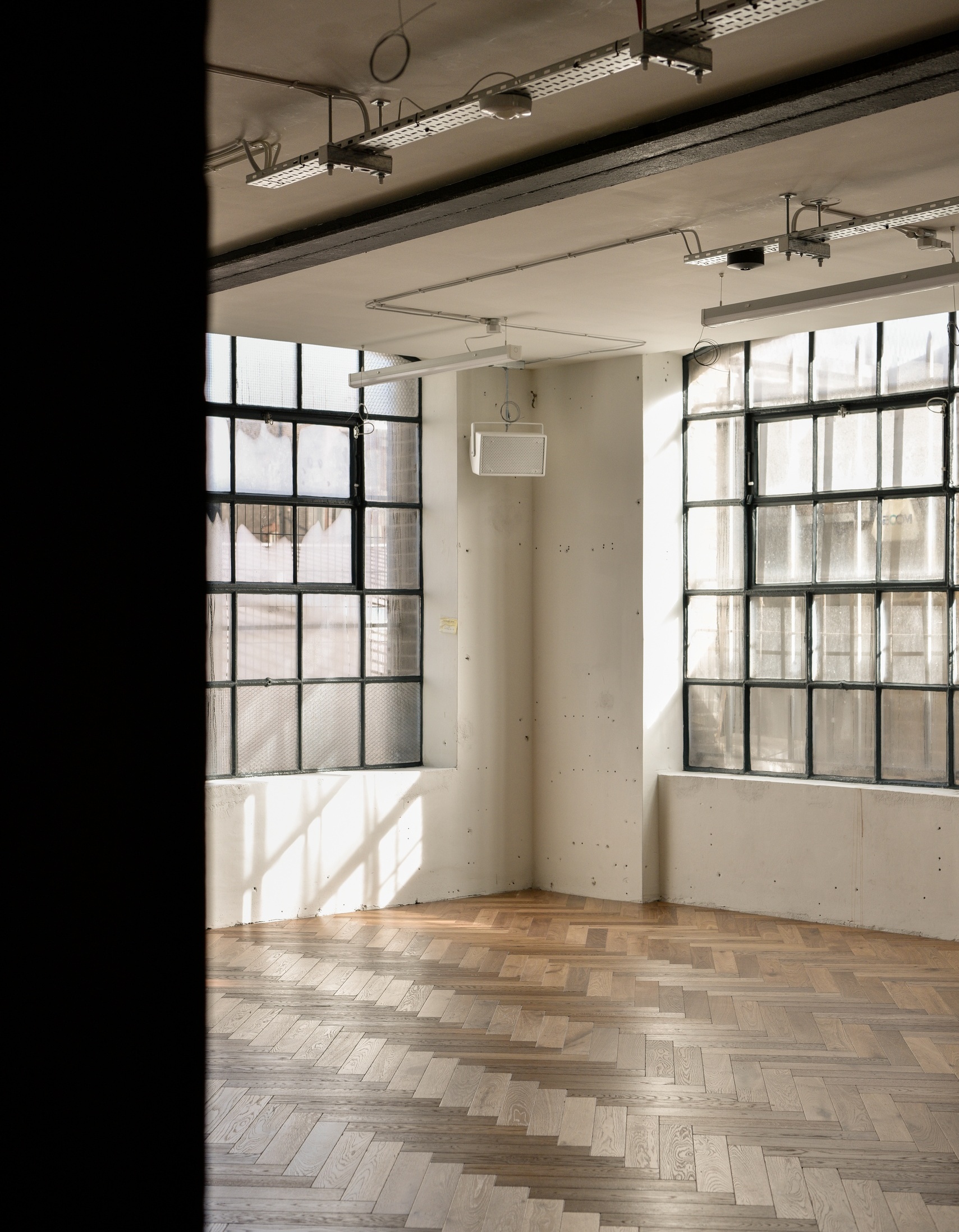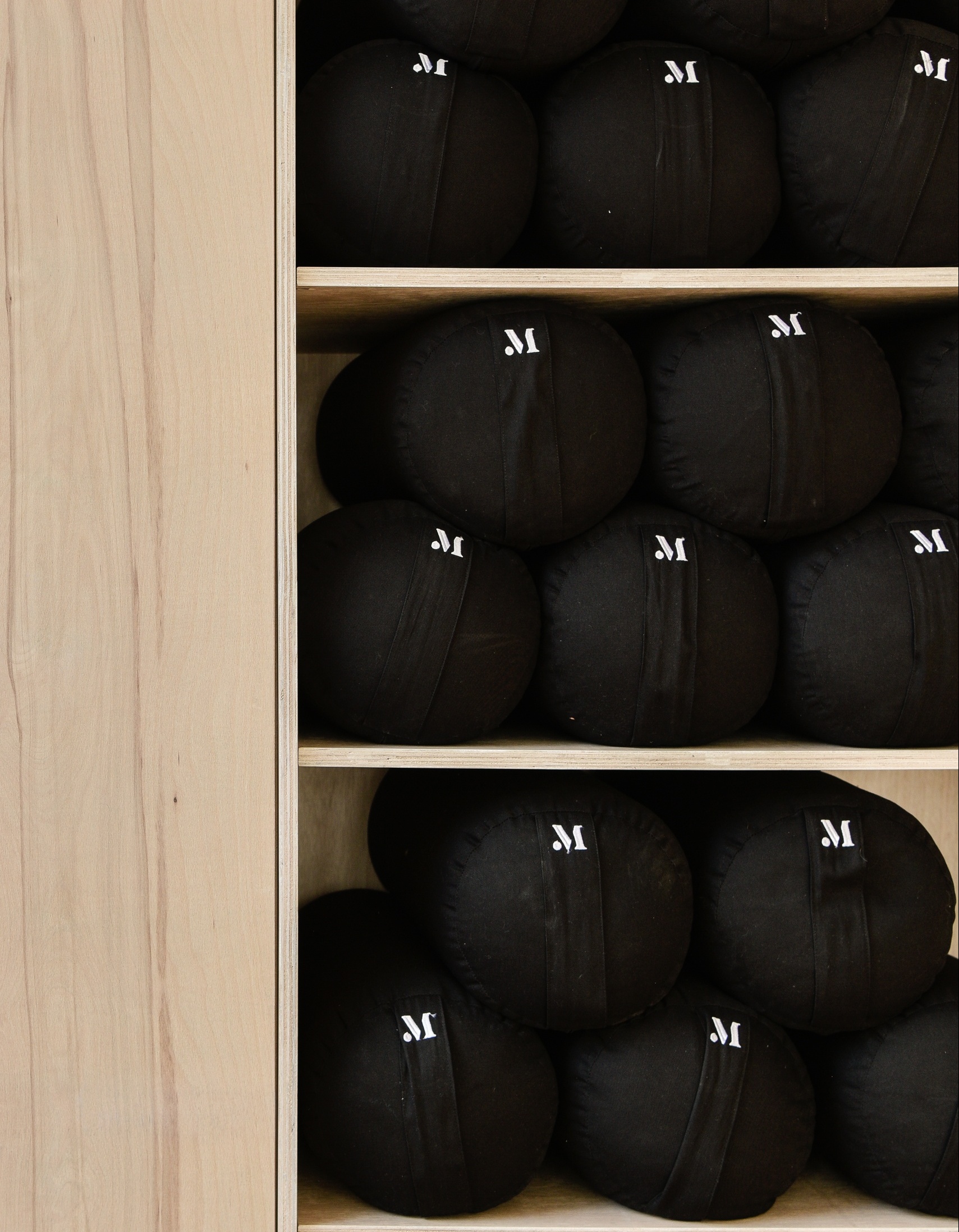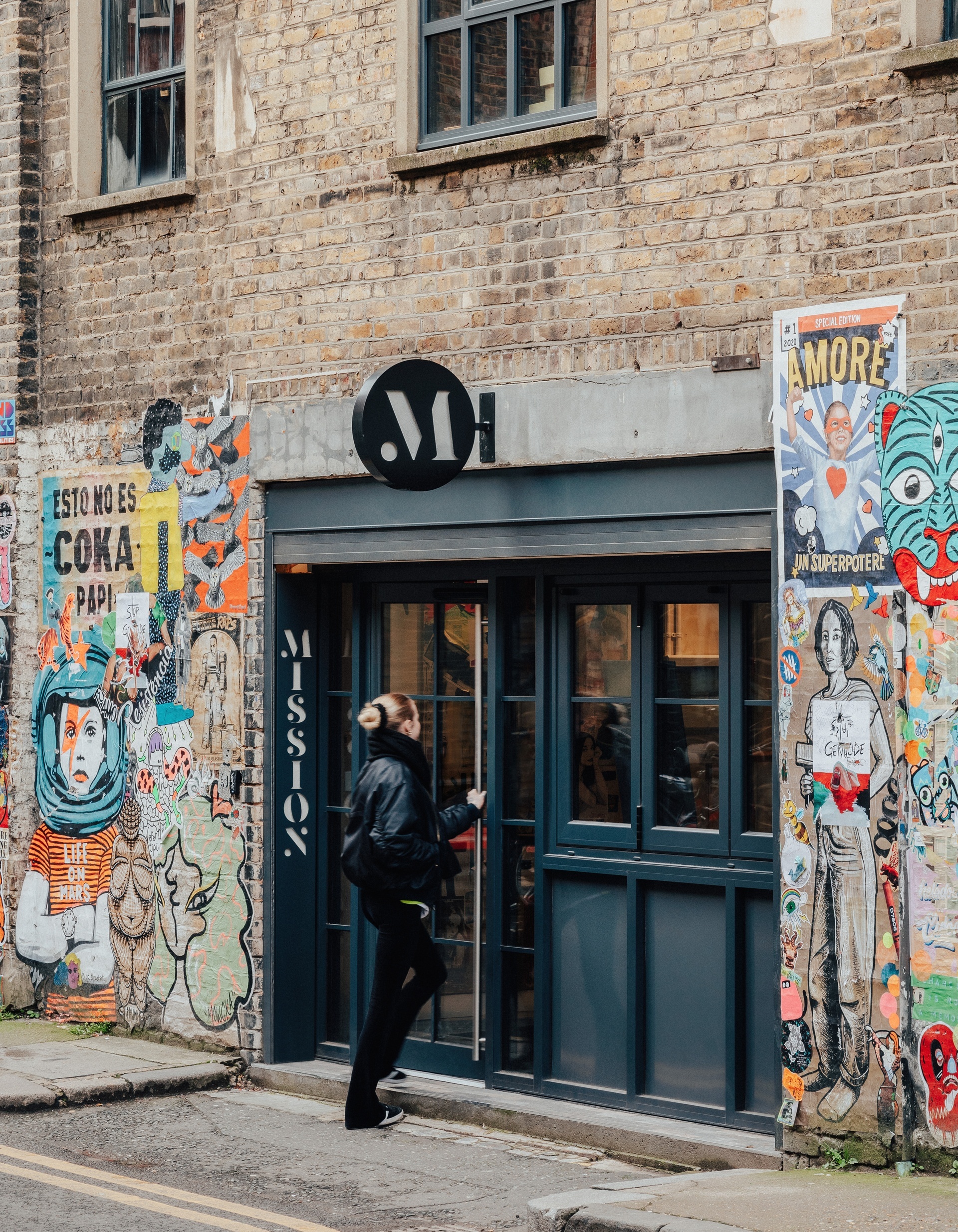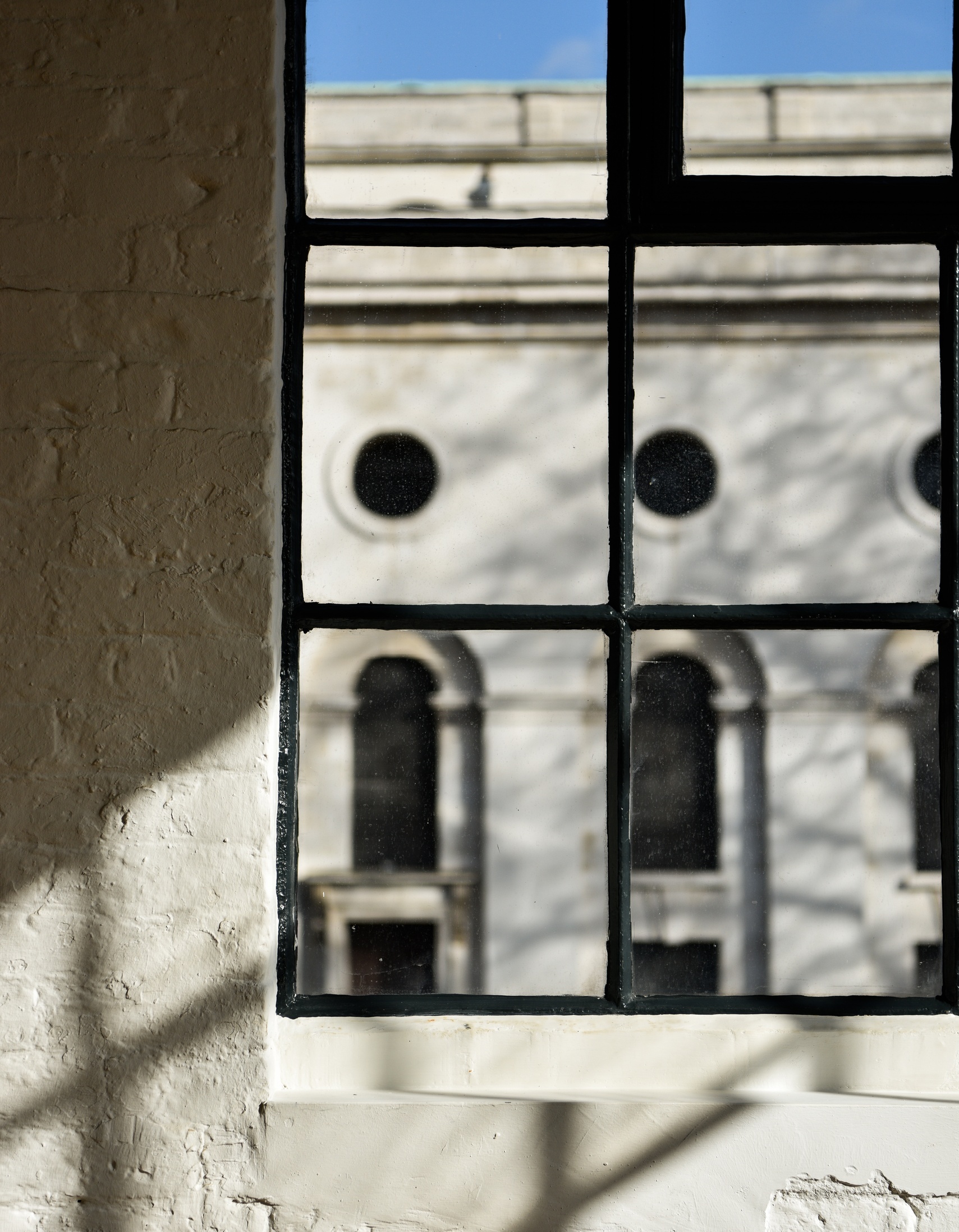Helen Russell-Clark
Helen has been teaching yoga for more than 10 years, and as well as qualifications in Vinyasa, Rocket, Yin and Pranayama, she also holds an M.A. in Psychoanalysis from the Tavistock and Portman Trust NHS. Helen’s intention as a teacher is centred on creating a nurturing environment that facilitates the emotional and energetic experience of her students’ practice in a safe and inclusive manner.
Corrie Ananda
Corrie is Mission’s Ashtanga Self Practice teacher. She has been practising yoga since 1999 and in 2014 was Authorised Level 2 by Sharath Jois to teach Ashtanga Yoga. She holds an MA from SOAS in the Traditions of Yoga and Meditation, as is also a Functional Range and Mobility specialist. Corrie is a registered Psychotherapist and Counsellor (MBACP), and trainee doctorate in Existential Psychotherapy (DProf). Corrie’s approach to teaching is mindful, inclusive, and from the heart.
Leslie Kaminoff
Leslie is one of the best-known and most-respected teachers of contemporary yoga with a direct lineage to the grandfather of modern yoga himself, Sri Krishnamacharya. Leslie is the leading authority on yoga anatomy, having co-written the cult classic book “Yoga Anatomy,” which sold more than one million copies in 24 languages. He is an internationally recognized specialist with four decades’ experience in the fields of yoga and anatomy. Leslie leads workshops for many of the leading yoga associations, schools and training programs in the world.
Marcus Veda
Marcus is the founder of 4-Beat Yoga, a practice rooted in Rocket Yoga that is modernised by integrating music and then linking it breath and movement. He teaches London’s most popular yoga class, incorporating different movement modalities into the traditional yoga format, including Jiujitsu, Capoeira and FRC (functional range conditioning.) The overarching intention is always to find meditation in the moment by tuning the breath to the beat.
Sammy Dinneen
Sammy is a professional handstand artist and international circus performer. He is one of the best technical hand balancers in the UK, having trained at The National Centre for Circus Arts (the UK’s national circus school) and in Ukraine where he worked with some of the world’s top hand balancers perfecting the art. He teaches sold-out classes and courses at Mission, as trains young circus performers athletes the NCCA.
Anna Ashby
Anna is one of the UK’s leading yoga teachers having studied and practised yoga for more than 30 years and teaching for 25. Anna’s interpretation of yoga has been influenced by her study of dance, training within modern yoga styles focusing on precision and alignment, and immersion in yoga practice and teachings while living in an ashram for 12 years in upstate New York during the 1990’s. Her book, Restorative Yoga: Power Presence Practice for Teachers and Trainees, released in 2022, has become the ‘go to’ book for teachers and practitioners serving as an in depth guide for those interested in the Restorative arts.
Sally Connor
Sally specialises in seeing the unseen in a yoga class, and is passionate about making yoga accessible for all bodies and abilities. She has numerous qualifications to teach Dynamic Vinyasa, Forrest Yoga, Yin Yoga, Yoga Nidra and Breathwork.
Baris Yazar
Baris is the founder of Bambu Bodies, a conscious movement practice that develops strength and flexibility through the integration of different movement practices. For more than two decades he has been performing and teaching Capoeira (an afro-Brazilian art form) and has performed at the Royal Albert Hall and Wembley Arena, and taught at events and festivals around the world. His mission is to empower people to connect to self, other and environment through movement.
Seth Powell
Seth is a scholar of Indian religions, Sanskrit, and yoga traditions, who earned his PhD in South Asian Religions at Harvard University. His dissertation comprised a critical edition, translation, and detailed study of a 15th-century Sanskrit yoga text from south India known as the Śivayogapradīpikā—which uniquely combines yoga, ritual, and devotion. He also works on the visual and material culture of yoga in premodern India.
Genny Wilkinson
Genny is the co-founder and CEO of Mission, Europe’s biggest movement centre that she helped build from scratch. She has managed yoga studios for nearly 10 years, creating class schedules, writing content for workshops, setting up teacher trainings, and managing teachers both in London and internationally. She has been a Mysore student for 25 years and a teacher for 15, and has written in magazines and newspapers on yoga topics including the #metoo movement, cultural appropriation and eating disorders.

